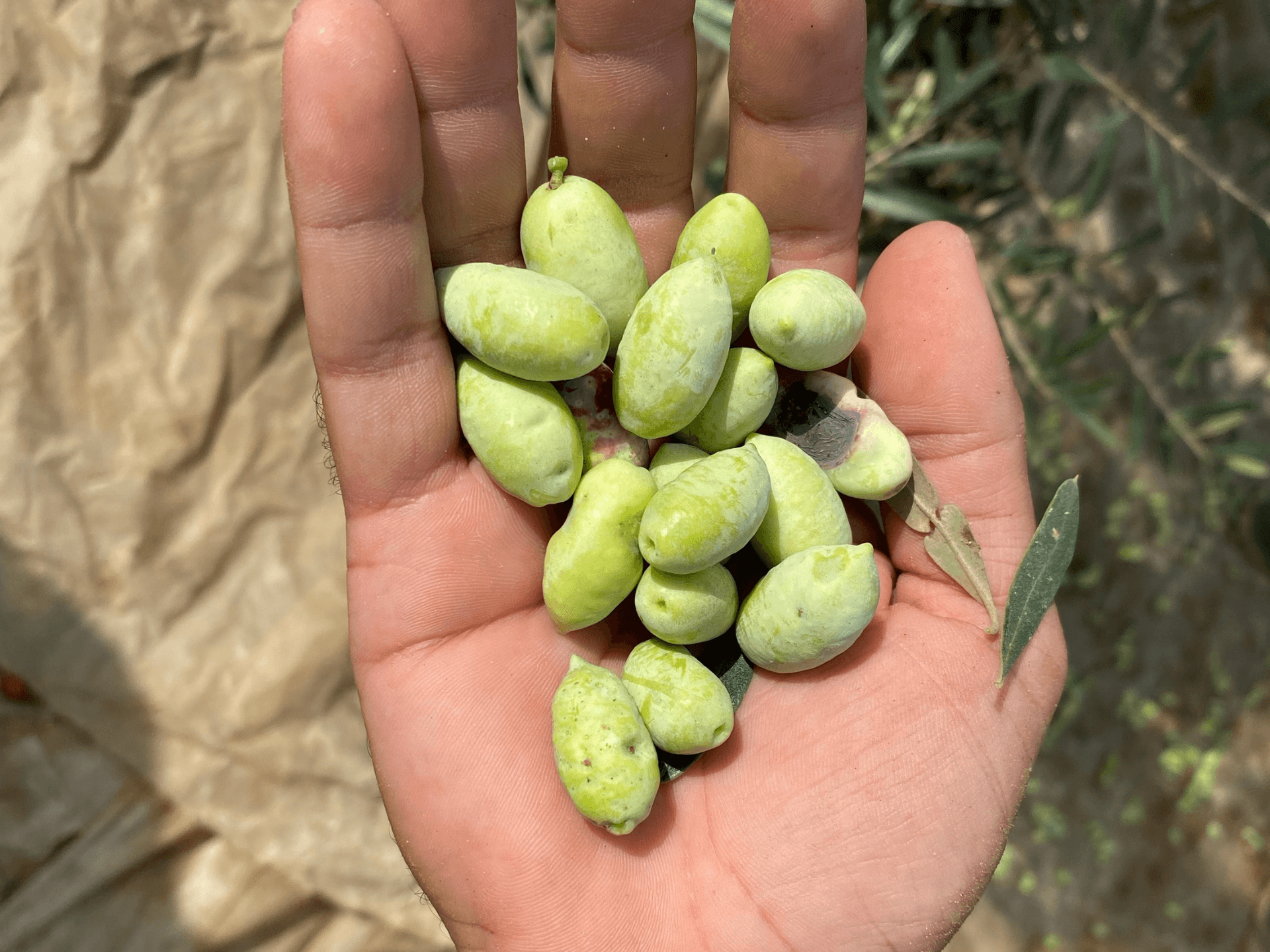
Practical solutions for food sovereignty
In Palestine, Diakonia works with the independent civil society organization Al-Ard for Agricultural Development to improve the lives of Palestinian farmers.
Together, we combat poverty and hunger by building a food system that leads to sustainable self-sufficiency. This system is based on local agricultural production that is resilient to climate change and practical to implement.
Al-Ard’s target groups are small farmers in rural and vulnerable communities, including female and youth farmers. We place special emphasis on farming youth, whom are of the most important working engines for socioeconomic development on the societal scale and to ultimately eliminate poverty.
Diakonia’s project with Al Ard's is to empower the civic role of youth in rural communities through agroecology, knowledge exchange, skills-sharing, and provision of practical tools to local communities and farmers, providing them with solutions based on their specific circumstances. Al-Ard’s work also includes large-scale agricultural or water treatment projects and local community projects in which they revitalize the land; re-introduce local crops and traditional farming methods; restore agricultural terraces, barriers and springs; and repair or build roads and water distribution systems. Al-Ard works in the face of the brutal Israeli occupation of Palestine, making the work incredibly difficult. Most of the targeted farmers reside in Area “C” of the West Bank, where the Israeli occupation forces often confiscate material or demolish agricultural infrastructure such as green houses, wells, water tanks, etc. Furthermore, Israeli settlers often attack the farmers in Area “C” and destroy their property, uproot olive trees, destroy home-gardens and physically attack the farmers, leading to serious injuries and even death.

In more urban areas, Al-Ard supports families to build rooftop gardens as a mechanism of dealing with limited space and Israeli policies and walls that bar access to the surrounding lands.
All of Al-Ard’s work is tied to their Local Seed Bank, which preserves, stores, and protects the seeds of 56 indigenous plants. The distribution of seeds not only provides an affordable resource for farmers, but it is also is an investment in Palestinian food sovereignty.
Local seeds are considered a natural treasure for each community. They stem from crops that are adapted to the specific local circumstances and are best protected against negative impact of diseases and climate change. In the field they are as sustainable choice for local farmers, and a resource that rural communities depend on.
Al-Ard empowers Palestinian farmers to acquire the capacity of accessing their natural resources and basic rights as stipulated in the Charter of the United Nations and the Universal Declaration of Human Rights, which are guaranteed by all International Laws. Al-Ard is legally registered to work across all of the West Bank and Gaza regions.

Al-Ard’s agricultural development is situated within a humanitarian context, aiming to provide a safe and dignified life in which justice prevails. Al-Ard principles side with the poor and vulnerable small farmers and producers, fully eliminating any religious, political, or tribal considerations, and making every possible effort to attain gender equality and equal opportunities on the path to achieving the desired justice. Besides working directly with farmers, Al-Ard also engages in the important work of influencing public policies that affect the poor and marginalized communities.
The ability to adapt socially, environmentally, and economically is an important element of the development model. The pace of changes surrounding the Palestinian society is very rapid due to the highly volatile context constructed by the Israeli occupation. Therefore, Palestinian communities are constantly adapting to new circumstances. Challenges posed by climate change are exacerbated in Palestine by the Israeli occupation’s restrictions, oppression, and limitations.